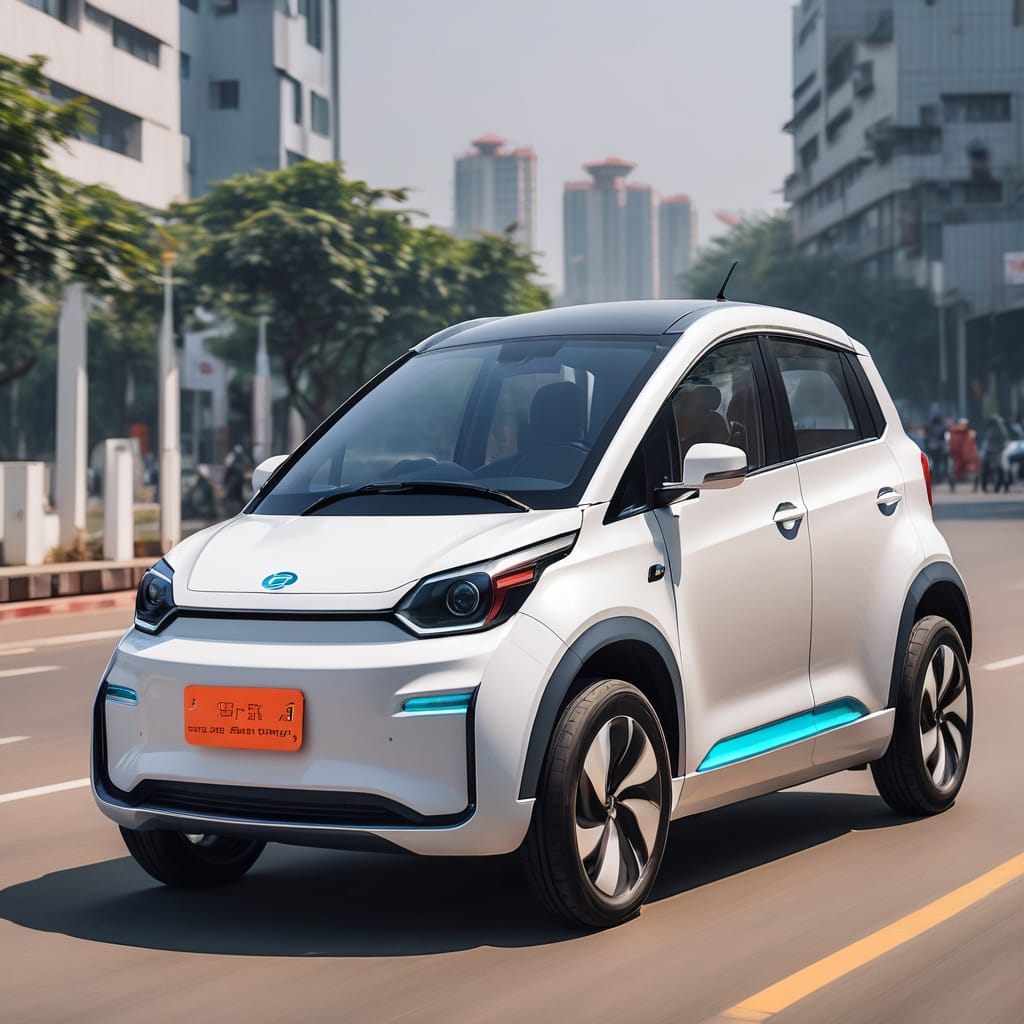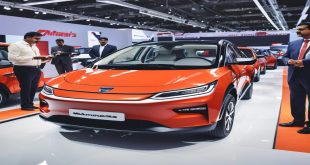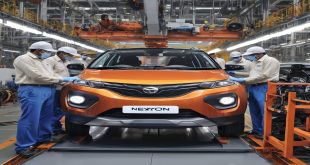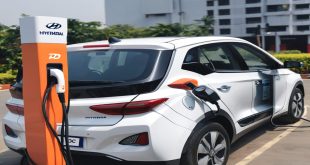By the end of 2024, well-known Chinese electric vehicle (EV) manufacturer Leapmotor plans to join the Indian market. With substantial tariff increases on Chinese electric vehicles (EVs) in the US manufacturers such as Leapmotor are being forced to look into other international markets. This is a calculated move. Through a joint venture with the international automotive conglomerate Stellantis, the entry into India will be facilitated. Leapmotor International is the new company that Stellantis has created by acquiring a 20 per cent share in Leapmotor. In order to reach a larger audience this partnership attempts to take advantage of Stellanti’s vast experience and infrastructure and promote Leapmotor’s reasonably priced and cutting-edge EVs.
The T03 hatchback and the C10 SUV are two of Leapmotor’s flagship models that will be introduced to the Indian market as part of their expansion plan. With the help of encouraging government policies and incentives for EV adoption the demand for electric vehicles is rising in India and these models are made to cater to that demand. Reduced Goods and Services Tax (GST) rates on electric vehicles (EVs) and other government initiatives are drawing international EV manufacturers to India. For Leapmotor to successfully enter India the collaboration with Stellantis is essential since it offers the required local knowledge and production capacity. Stellantis is a well-known company in India and it possesses facilities that might be utilized to put Leapmotors cars together. Understanding the high customs charges and tariffs that can make imported cars unaffordable in the Indian market requires having the capacity to produce goods locally.
Stellantis worldwide CEO Carlos Tavares underlined the strategic significance of this partnership claiming that it will hasten the release of intelligent and reasonably priced EVs onto the market. He emphasized that by 2027 the joint venture hopes to introduce six new models with a particular emphasis on zero-emission automobiles. Stellantis’ overarching objective of lowering carbon emissions and advancing sustainable mobility solutions globally is in line with this. With the recent US tariff increases on Chinese-made electric vehicles Leapmotor’s entry into India comes at a particularly significant time.
Chinese EV manufacturers are finding it harder and harder to compete in the US market as a result of these tariffs which are a part of the ongoing trade tensions between the US and China. Consequently, businesses such as Leapmotor are gearing up to make a deeper impact in other emerging markets like India. Leapmotor has big plans to get into more foreign markets in addition to India. Commencing in September 2024 the joint venture with Stellantis will prioritize the entry into nine European nations with subsequent expansions planned into South America the Middle East Africa and the Asia Pacific region.

This strategy of global expansion seeks to leverage the increasing demand for electric vehicles (EVs) and position Leapmotor as a major player in the global automotive arena (Autocar India). Despite being in its infancy the Indian EV market is exhibiting a great deal of promise. Leading Indian automakers are already making significant investments in EV technology and increasing the range of electric vehicles they offer including Tata Motors Mahindra & Mahindra and Maruti Suzuki. With its reasonably priced and highly developed cars, Leapmotor’s entry is anticipated to increase competition and give customers more options.
The way Chinese electric vehicles are received in India however will be closely observed considering the geopolitical landscape and the trade connections between China and India. The Indian government’s stance on Chinese investments and products may have an impact on market dynamics despite the favorable policies in place to encourage the adoption of EVs. However, Leapmotor should have an easier time entering the market thanks to the collaboration with Stellantis a reputable worldwide player.
In summary, Leapmotors planned entry into the Indian market marks a critical turning point in the companys strategy for international growth. By collaborating with Stellantis Leapmotor hopes to take advantage of regional knowledge and production capacities in order to bring cutting-edge and reasonably priced electric cars to the Indian market. This action is significant because Chinese electric vehicle manufacturers are looking for other markets as a result of US tariffs that are increasing. The markets reaction the regulatory framework and the competitive environment in India’s quickly developing electric vehicle (EV) sector are just a few of the variables that will determine the success of this venture.



